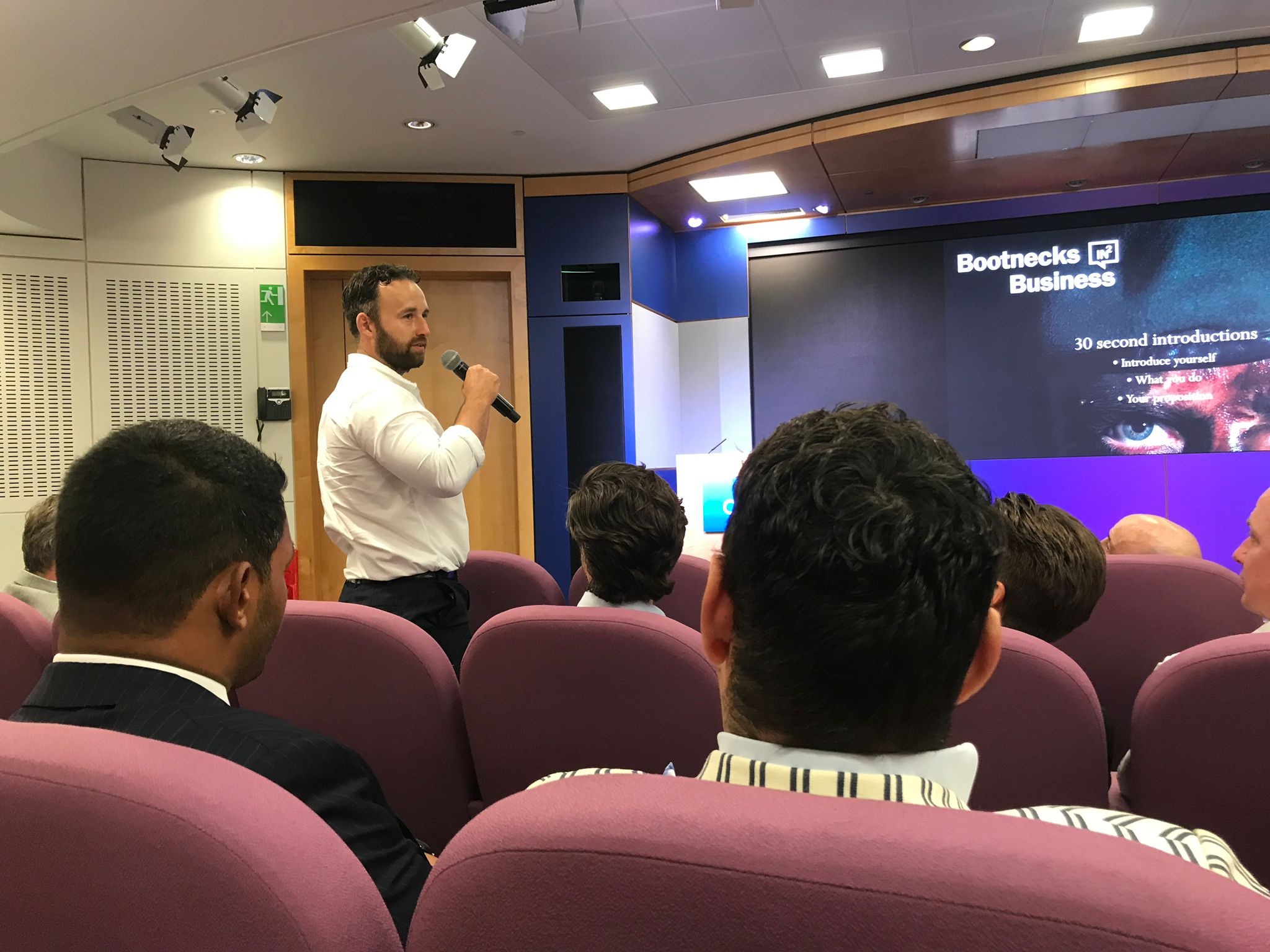I was devastated. I was told that either I could go to Royal Marines Poole and never be promoted or could be medically invalided. I was informed that I had 48 hours to make my decision.
I had no idea what I was going to do. I had two young sons under 10 and, like most people, a mortgage and a family to support. It felt very lonely.
I was informed that there was a six-week Business Management Appreciation Course I could attend. I was guided to the Officers Association, a charity that helped officers find a job and they were most useful. I must have appeared totally clueless to them. Possibly they had come across similar situations with others.
Their best advice was network like hell as the most decent jobs are never advertised and get to know a lot of head-hunters. Having been trained by the Royal Marines in Selection Interview techniques, when I was recruiting potential officers, I discovered that head-hunters were of low value. Their motivation is their client, not the candidate.
I managed to obtain 4 job offers and by coordinating them carefully, brought them to their natural conclusion at the same time. The one I chose was as COO on the board of a construction business. That was chosen predominantly because the company had a set of values that chimed with mine. I later discovered that I had made the best decision, at least two of the others would have been disastrous but I didn’t know that at the time.
I spent 12 years in corporate life before starting my own business in 2001. It has not always been smooth and there have been ups and downs.
My advice to any Royal Marines starting on the same journey now would be:
- Start early! At least one year before you intend to leave. This gives you time to:
- think what you want from the rest of your life
- carry out research into employers and markets
- build or extend your network
- gather qualifications
- if you have a family, make the preparation needed to continue financial stability
- attend programmes on how to present yourself to convince others of your value
- Understand the language in the field you plan to enter. Companies and industries have their own way of talking. You must understand it and the culture of the industry.
- Be systematic about your networking. You need to give as much as you get and work out what you are giving.
- Getting a job is a full-time job.
- Avoid constraining yourself to those industries associated with defence. You have skills which are valuable in a wide set of industries than you perhaps are not aware of. I knew nothing about housebuilding but as the COO I was able to manage 6 functions effectively. Most Royal Marines have skills in getting things done which are missing in many businesses. Making things happen is a skill set that is of great value.
- Be ruthless about the research that you carry out into prospective employers. Talk to as many people as you can and find out what is good and not so good. Then map that against your own beliefs and values.
- Royal Marines make the best entrepreneurs. What you have learned in the Corps is extremely valuable for setting up your own business. Both my businesses have been funded by myself and my business partners. We have never brought in external investors or bank loans.
Rowan’s details can be found on Linkedin









